A Unique PhD Experience Developing Inclusive Leadership for the Future of Astronomy
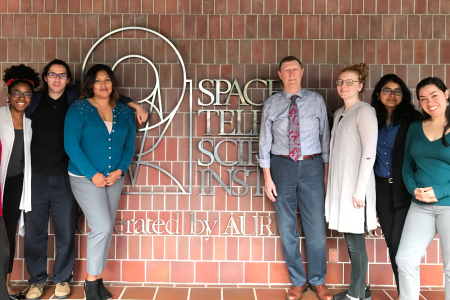
U. Calif-Santa Cruz Program
The University of California, Santa Cruz (UCSC) is the founding campus where the Osterbrock Graduate Leadership concept was born. The program consists of 4-7 active fellows annually, who play a central role in designing and executing the program.
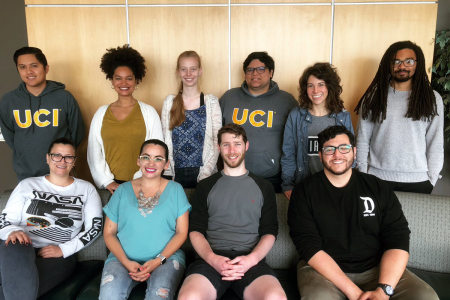
U. Calif-Irvine Program
Physics and Astronomy Community Excellence (PACE) is the National Osterbrock Leadership Program node centered at the University of California, Irvine (UCI). The program consists of four fellows annually who lead and direct PACE.
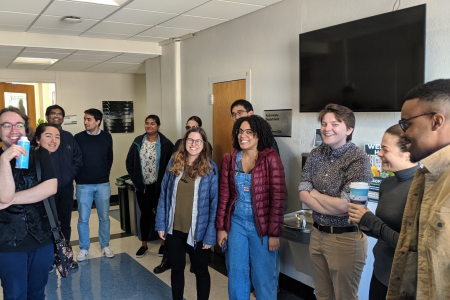
Columbia University Program
The Columbia Osterbrock Leadership Program will commence in September of 2021 with the selection of the first cohort of five fellows chosen by competitive application from the first- through fourth-year classes.
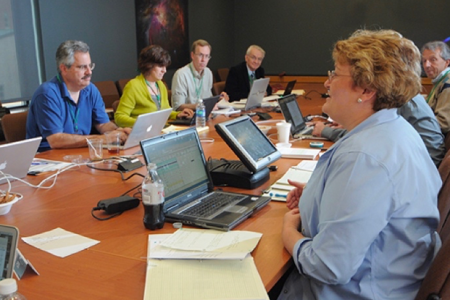
Events
The National Osterbrock Leadership Program provides unique training opportunities to the astronomy graduate community through a variety of educational activities, mentorships with outstanding leaders, and leadership experiences conceived and executed by the students themselves.
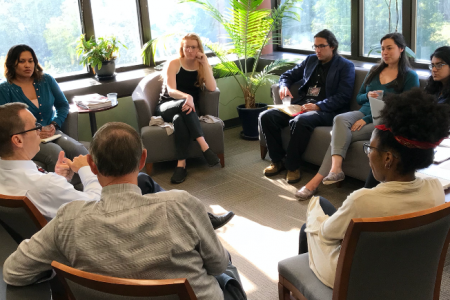
Fellows
The Osterbrock Fellows are astronomy graduate students who participate in a unique mentoring program that develops their leadership skills.
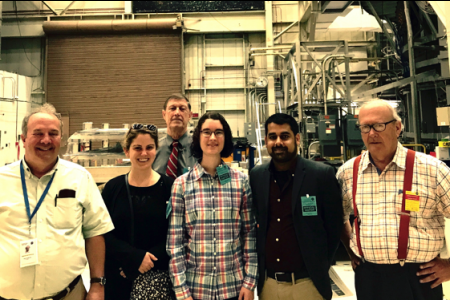
News
AAS & UC Santa Cruz to Expand Osterbrock Leadership Program for Graduate Students (23 April 2022)
News updates about the Osterbrock Leadership Program and other departmental initiatives.
Contact
Why NOLP
Through this novel collaboration, the AAS and the UCSC aim to facilitate an activity that we believe is crucial to the long-term development of the astronomical sciences on the national and international levels. We are hopeful that institutions responding to this opportunity will introduce valuable new concepts for leadership training and that the nodes working together will create a new norm for the PhD in astronomy, astrophysics, or related disciplines. We further hope that this new mode for graduate training will spread to other sciences and will further enhance the stature of US graduate education in the eyes of the world.


